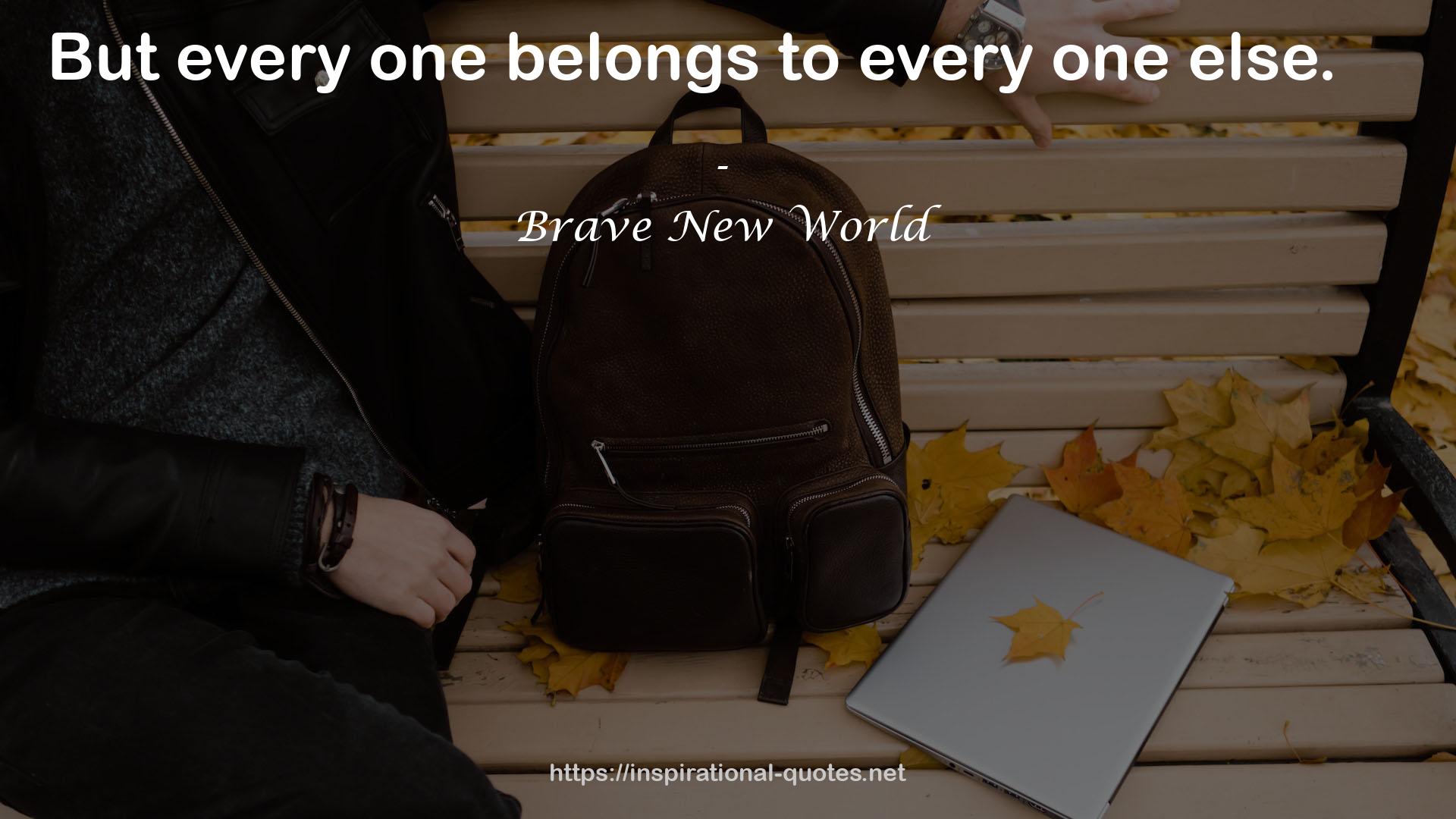Brave New World QUOTES
SOME WORKS
- The Jubilee Problem (Sherlock Holmes and Lucy James Mystery #4)
- Death at the Diogenes Club (Sherlock Holmes and Lucy James Mystery #5)
- Falaha's Journey Into Pleasure (Falaha's Journey, #3.5)
- Rebel Without Applause
- My Name Is Why
- The Restored New Testament: A New Translation with Commentary, Including the Gnostic Gospels Thomas, Mary, and Judas
- Ancient Greek Lyrics
- The Secret Reader: 501 Sonnets
- Brandy & Bullets (Murder, She Wrote, #4)
- Panning For Murder (Murder, She Wrote, #28)

